Simplicius: On Aristotle On the Heavens 1.10-12
In the three chapters of On the Heavens dealt with in this volume, Aristotle argues that the universe is ungenerated and indestructible. In Simplicius' commentary, translated here, we see a battle royal between the Neoplatonist Simplicius and the Aristotelian Alexander, whose lost commentary on Aristotle's On the Heavens Simplicius partly preserves. Simplicius' rival, the Christian Philoponus, had conducted a parallel battle in his Against Proclus but had taken the side of Alexander against Proclus and other Platonists, arguing that Plato's Timaeus gives a beginning to the universe. Simplicius takes the Platonist side, denying that Plato intended a beginning. The origin to which Plato refers is, according to Simplicius, not a temporal origin, but the divine cause that produces the world without beginning.
{{comment.content}}
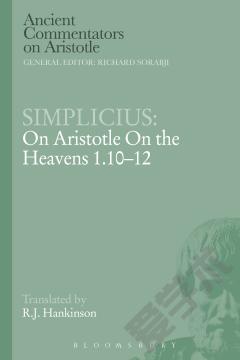
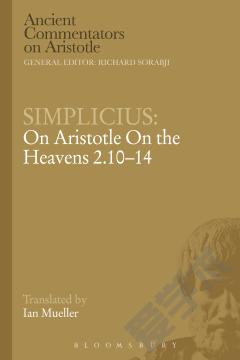
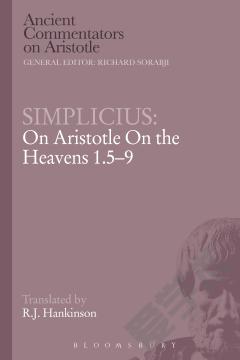

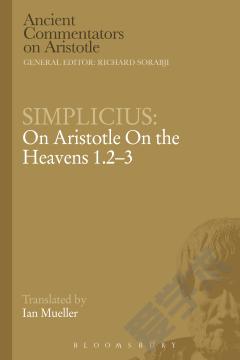
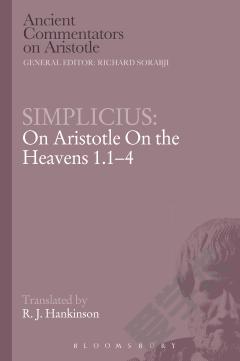
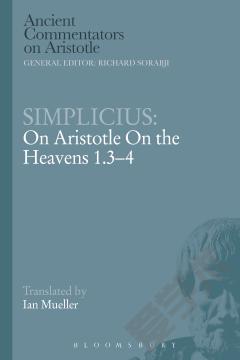

 京公网安备 11010802027623号
京公网安备 11010802027623号